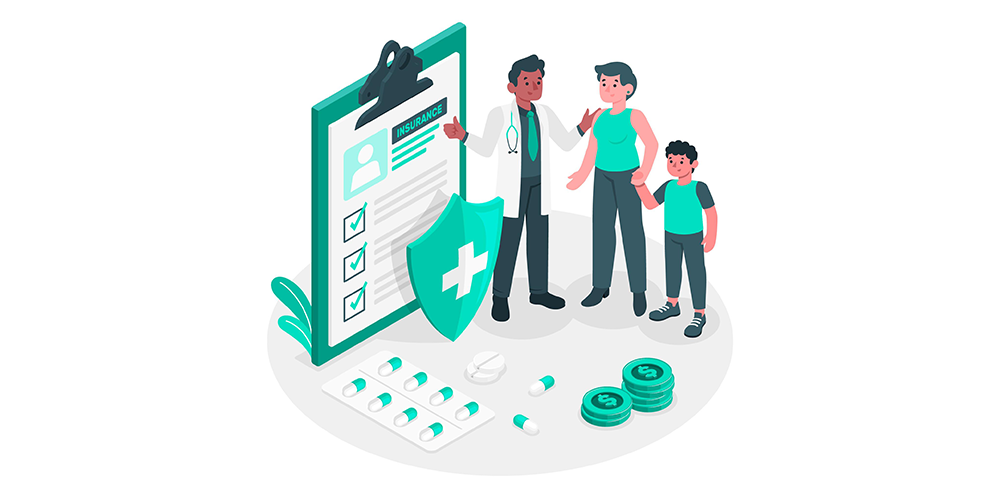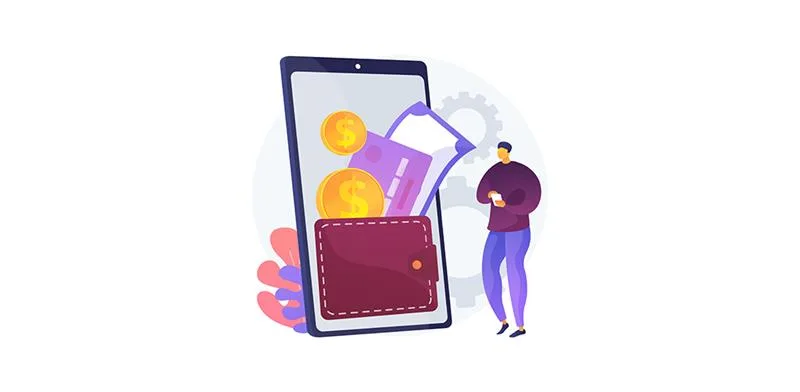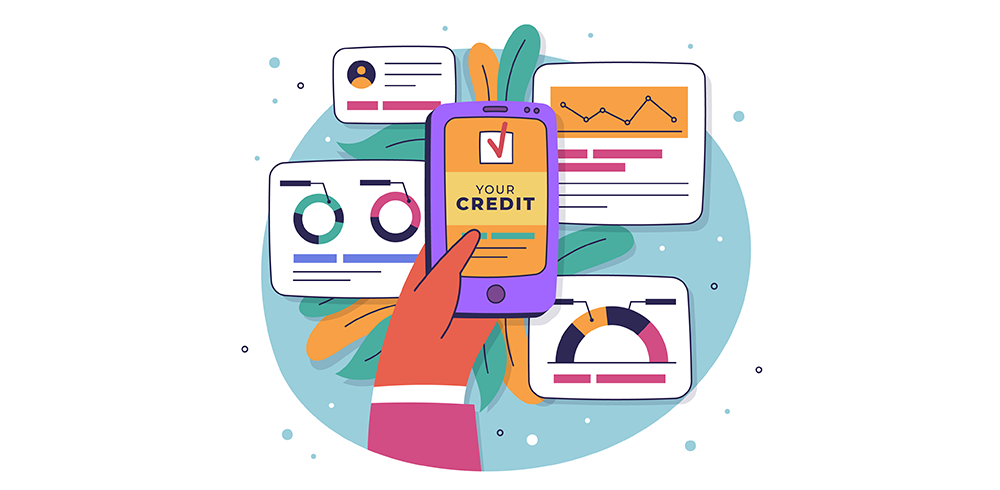Financial freedom is within reach for most of us if we take control of our finances. No matter how much money you make or what your financial situation is, there are ways to become more financially stable.
But just because the topic may seem daunting, that doesn’t mean it cannot be done. In fact, with the right information, many people have turned their finances around and are now looking forward to financial independence.
Financial Awareness Day is the perfect opportunity to look at the importance of taking control of your finances. We will show you six practical tips that will put you on track toward achieving financial security.
Take control of your finances: One step at a time
1. Save before you spend
To be successful with your personal finances, you need to make saving a priority. Devote a fraction of your income to your savings. It helps to have a savings goal in mind, so you know how much you need to save every month to reach your goal.
Automate your savings if possible, so that it happens without any effort on your part. This way, you won’t even notice that money is being taken out of each paycheck before it even hits your bank account. Then at the end of each month when you check in on how much money has been saved, you’ll be pleasantly surprised by how much progress you’ve made toward reaching your goals.
2. Budget wisely
Create a budget and stick to it. If you don’t know where all your money is going, then how can you make sure that some of it get saved? Track what you spend over the course of a few weeks so that you have an idea of how much money goes where. Then, adjust accordingly so that there’s enough left over for savings at the end of each month.
Knowing where your money is going can help you cut back on unnecessary purchases. It also helps you track your progress in saving and spending over time.
3. Build a good credit score
A good credit score is vital for financial health. If you want to be able to borrow money when you need it—for a mortgage or instant loan—then having a good credit score will make that much easier.
To build a good credit score, keep your credit utilization rates low. This means not using too much of your available credit limit. Also, keep your balances low across all of your accounts. So, do not carry large amounts of debt on any given card; instead spread out your spending across multiple cards so that no one card has an excessive amount associated with it.
4. Pay your monthly loan instalments on time
This is probably the most important factor when it comes to building a good credit score. If you don’t pay your monthly loan instalments on time, then it will negatively impact your credit score and make it harder to get loans in the future. Whether you have a car loan from a bank or an instant loan from a loan app, make sure that you make timely repayments.
5. Create an emergency fund
Everyone should have an emergency fund. An emergency is when something unexpected happens and you need money right away but don’t have any available at that moment. This can look like expensive car repairs, home renovations, or medical emergencies.
An emergency fund should be filled with enough money so that if something unexpected happens, you’ll be able to cover it without having to worry about going into debt. If you do not have enough in your emergency fund, you can always apply for an instant loan, from an online lender or loan app.
6. Keep educating yourself
The most important aspect of financial awareness is to keep learning. There will always be new and better ways to save, spend, borrow, and invest. Knowing about your options gives you the freedom and knowledge to make informed decisions about your finances and take considered steps to create a healthy financial future.
CASHe is a leading loan app offering instant loans, BNPL , and instant Pre-Approved CASHe Limits. Download the app today!










